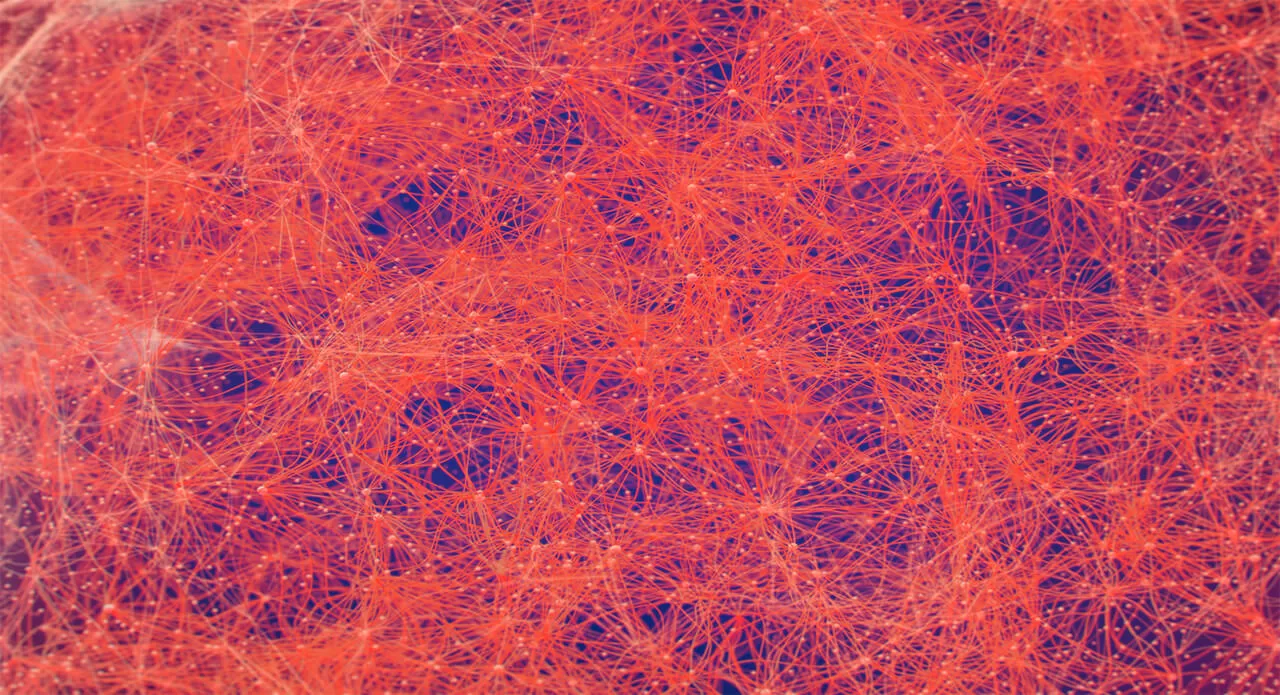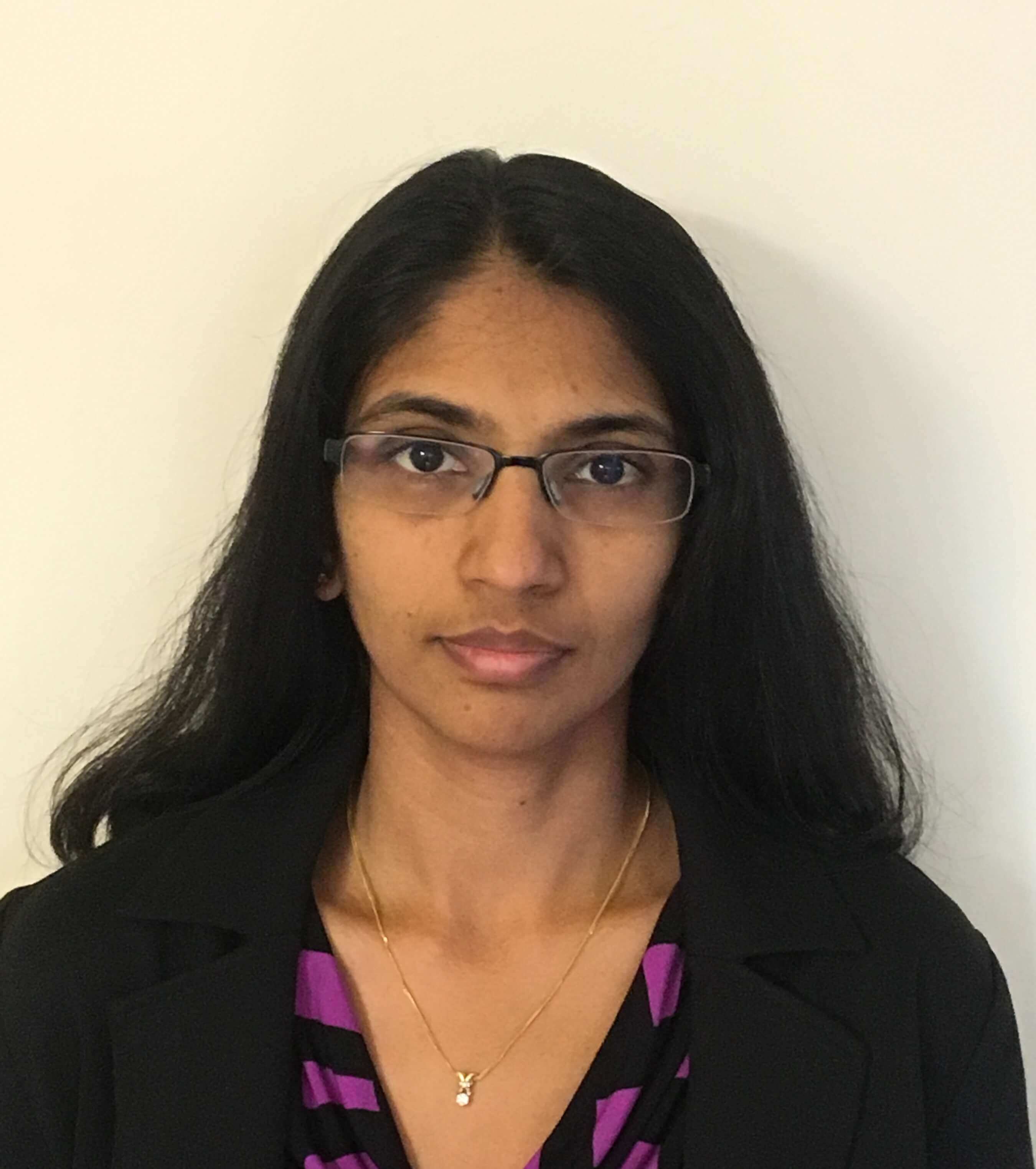Prized Research Skill? Fluency in Computer Science and Biology

How Computational Biology Is Driving Treatment Breakthroughs
Growing up in South India, Shobha Potluri only knew of two acceptable career paths—engineer or doctor. She chose an engineering college in her home state of Andhra Pradesh and zeroed in on computer science. When she went on to get her master’s degree, she had a career-changing moment when she learned that her “geek” skills could be applied to solve biological problems, and help develop better treatments for sick people.
Potluri, an Associate Research Fellow in Pfizer’s Cancer Immunology Discovery unit in San Francisco, is part of the growing ranks of computational biologists. “I always liked biology as a kid,” she says, “so this was a nice connection between my two interests.” Potluri went on to get a Ph.D. from Dartmouth in Computer Science and has worked at Pfizer for more than 10 years.

Shobha Potluri
A Data-Based Revolution
Fluency in both biology and computer science is not only useful for comparing cold viruses to computer viruses; it’s also an increasingly valuable job skill. Schools including MIT and Cornell are offering advanced degrees in computational biology, teaching students how to handle the detailed information in genomic databases, protein databanks, MRI images of the brain and remote sensing data.
In the field of oncology, targeted therapies—which disable cancer cells in very precise ways—represent a revolution in treatment. Researchers are looking at the basic molecular mechanisms of tumor growth and collecting enormous amounts of data along the way. Those with computational, analytical and clinical trial expertise who can spin data into incisive findings are at a premium.
At research centers around the world, computational oncologists are sifting through large databases of cellular pathways to better understand complex biological processes. They are also using computers to make mathematical models of individual cancer cells, which can be continually refined as new clinical information is generated.
Number-Crunching Tumors
The focus of Shobha’s research is to understand the immunological quirks of different tumor types and how those tumors evade the immune system. Potluri and her team can then study the potential treatments and doses that might be the best fit for those tumors.
Because designing treatments that work initially—and continue to work—for the greatest possible number of patients is a key goal, Potluri also works to understand the processes that stop medicines from working on some people. “The tumor micro-environment is very complex,” Potluri explains. “When you test a therapy, there are certain people who respond and certain people who don't respond. You want to understand the resistance mechanisms in the non-responders, to see if combining the therapy with another drug might get results.”
Embedded in Clinical Territory
Potluri strives to truly integrate her data knowledge into the scientific process, instead of just analyzing the results of a drug trial (or pre-clinical trial) afterwards. “I don’t want to just answer questions after the fact. I want to be in on the design of the experiment. The scientists here are open-minded enough to see the value of bringing a computational person in on these initial discussions. It’s a much more fruitful relationship that way.”
A few years ago, a journal article on this burgeoning field warned that a major obstacle in the partnership between computer scientists and oncologists is communication. Potluri is doing her part to bridge the gap: “Usually, people who talk with me don't realize I'm a computational person because I ask so many science-related questions,” she says. “They're like, “Are you computational? Really? We thought you were an immunologist.’”





